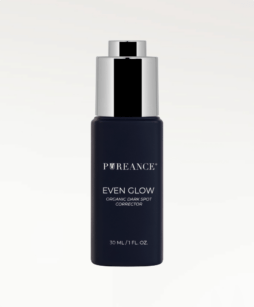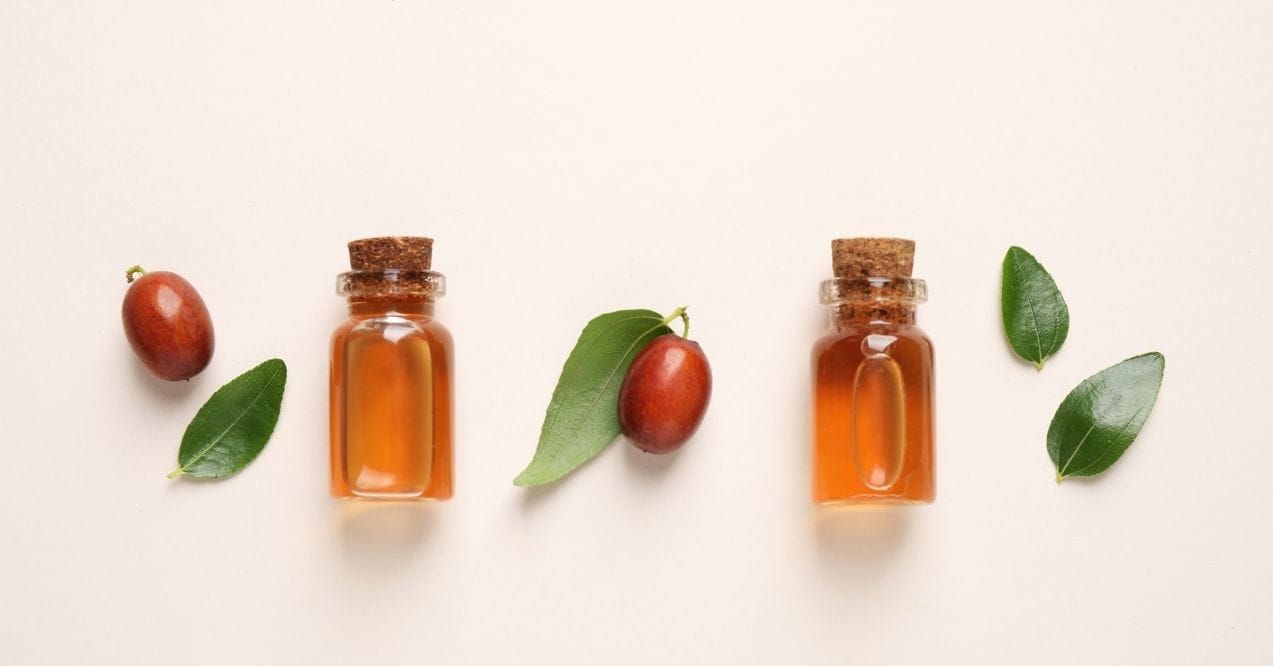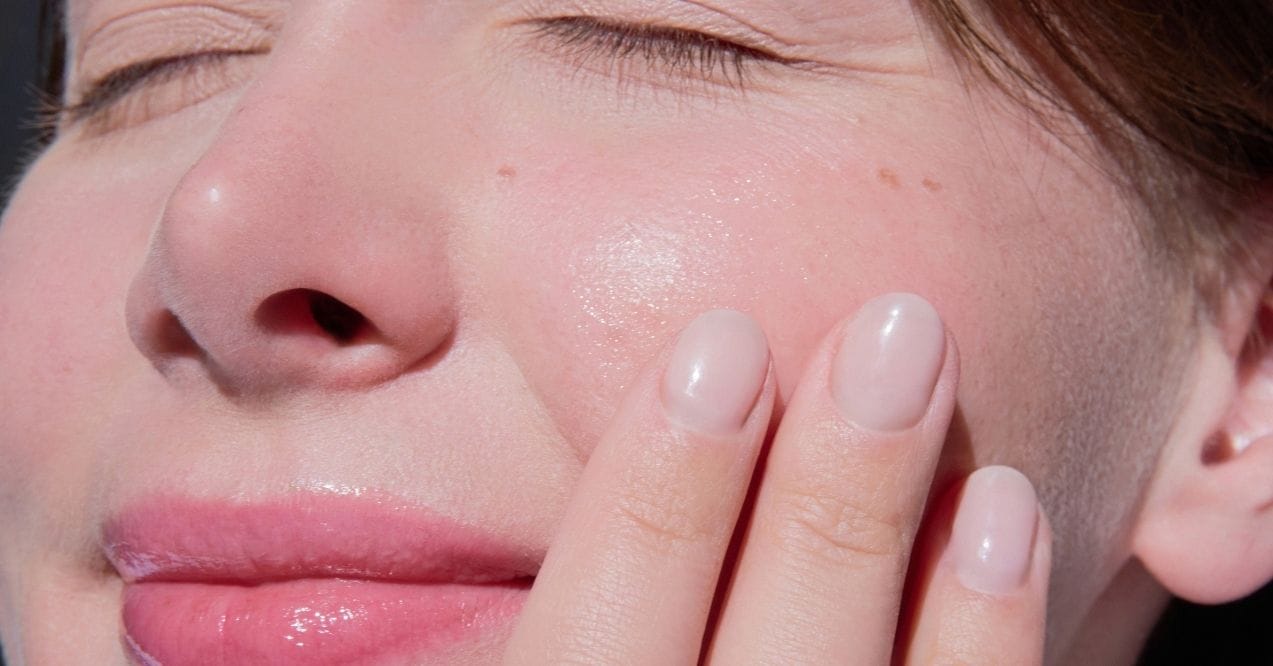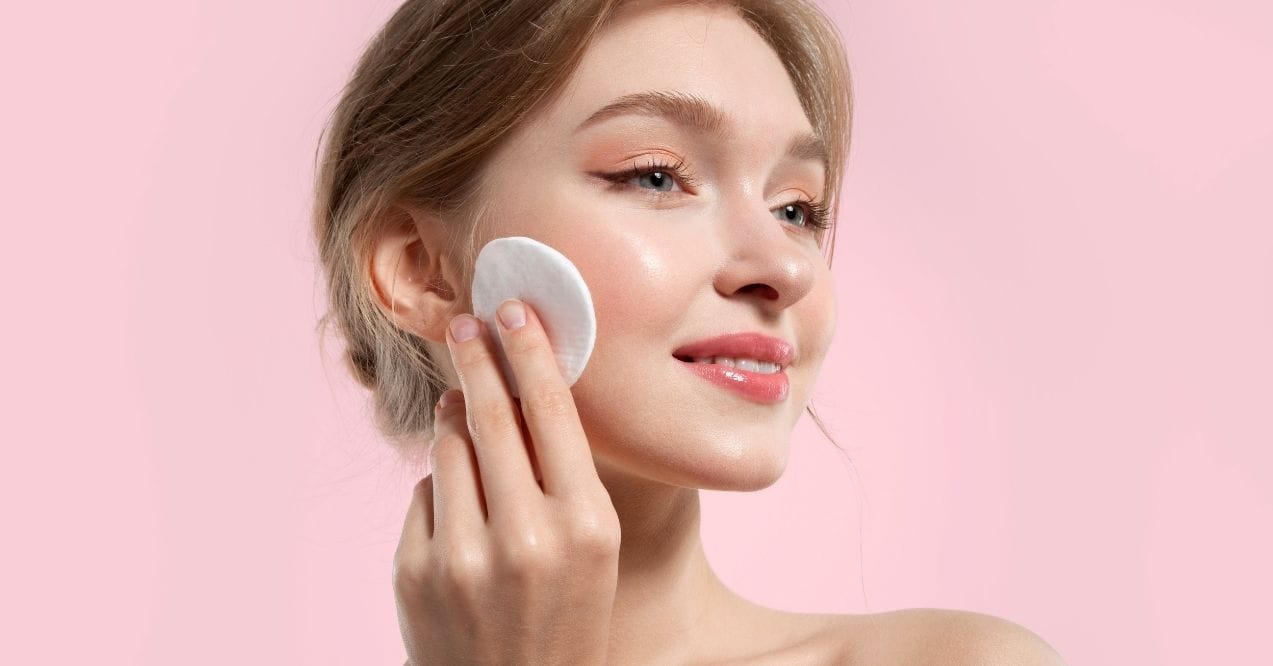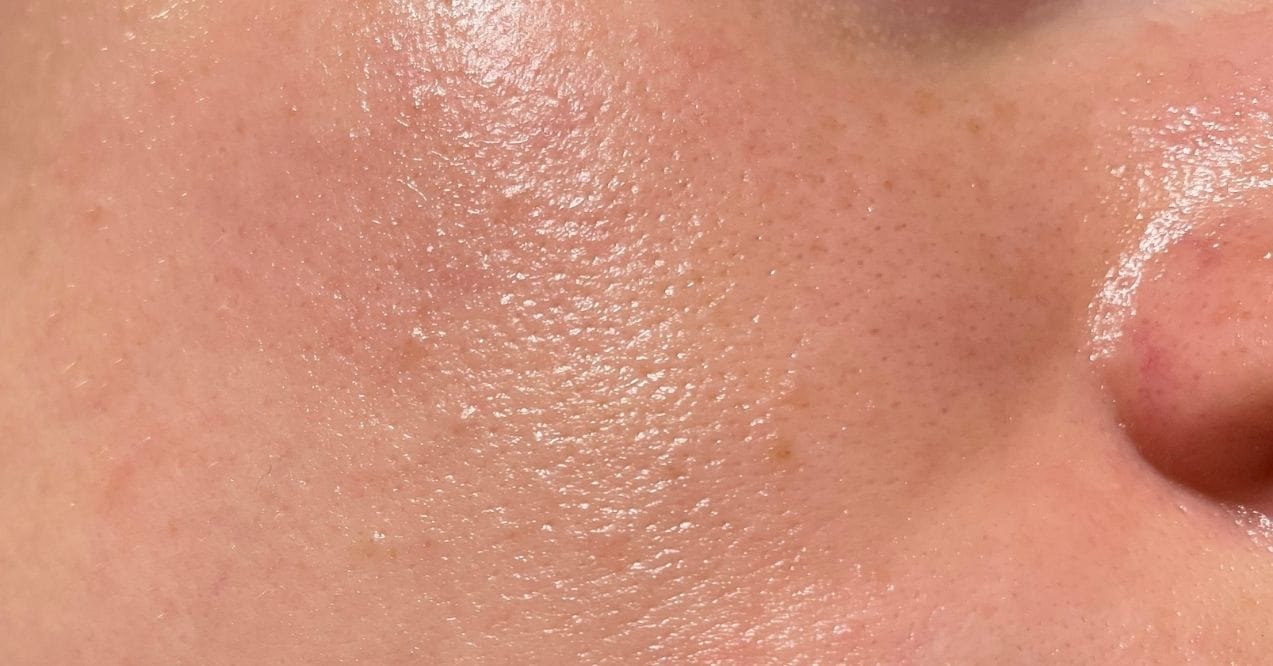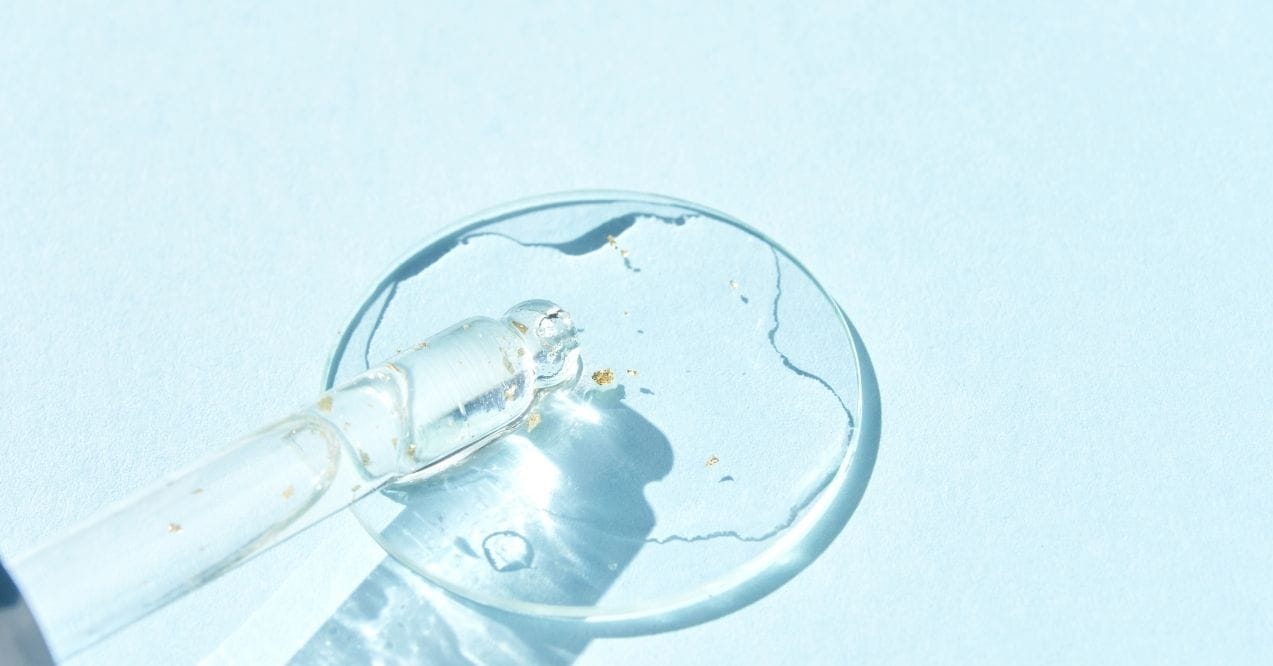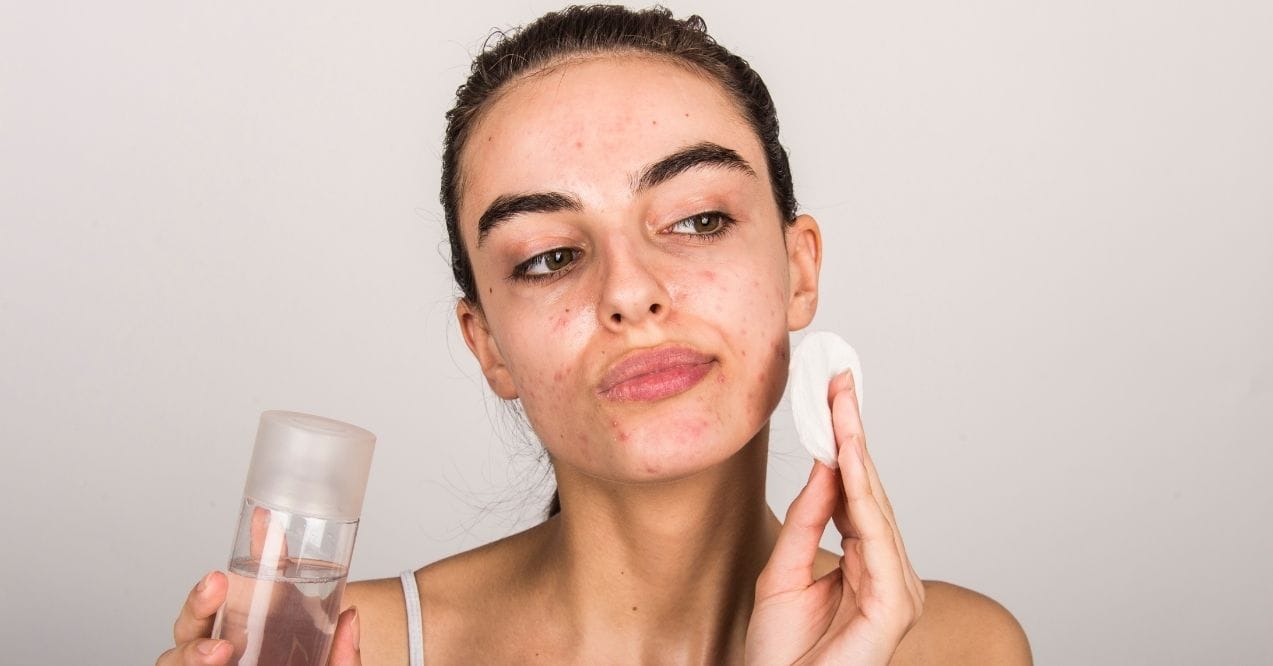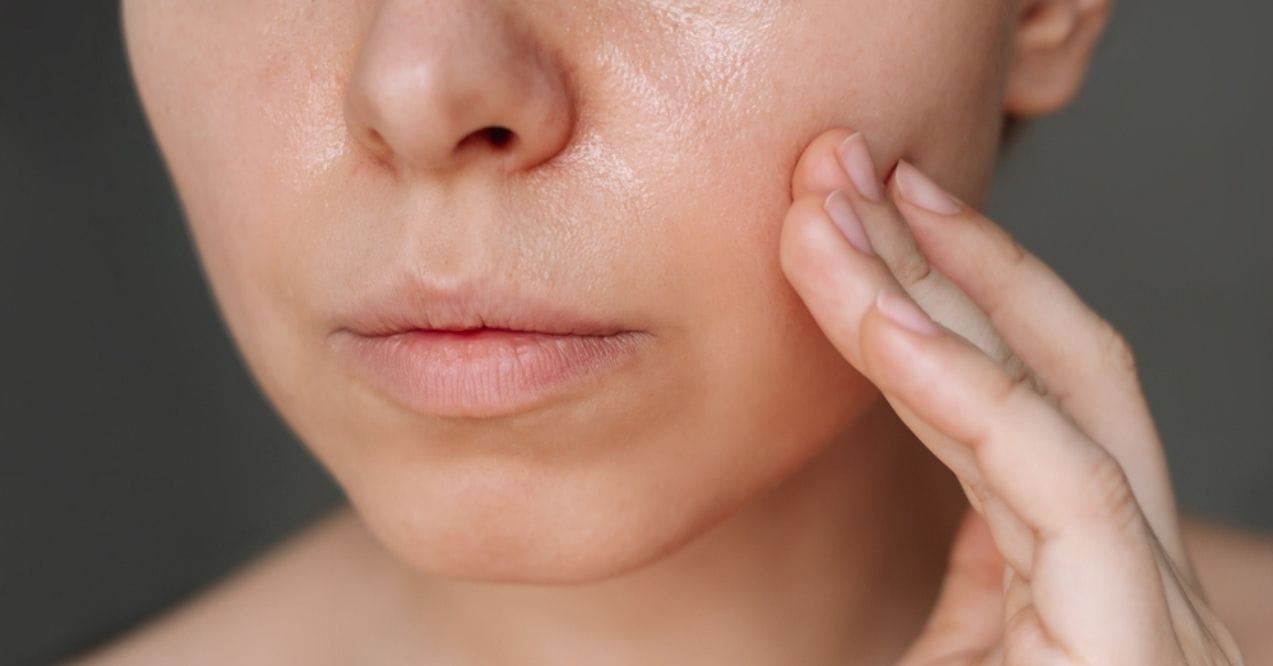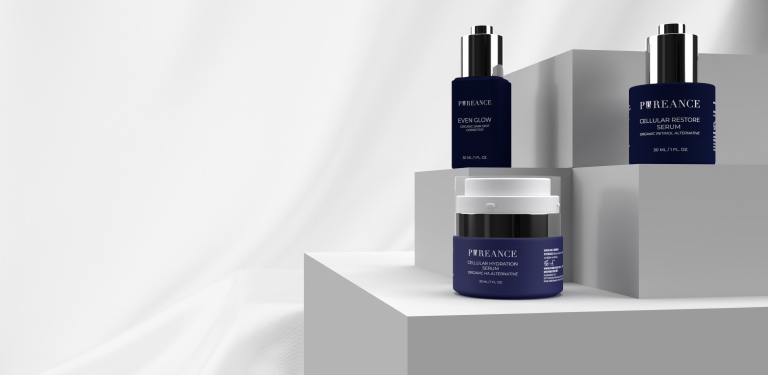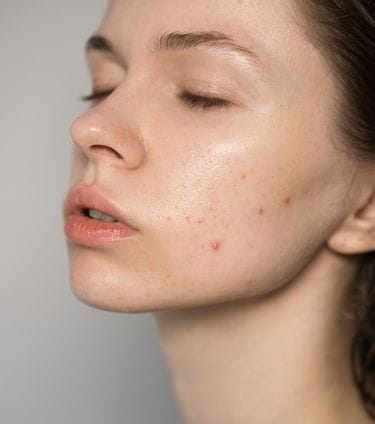
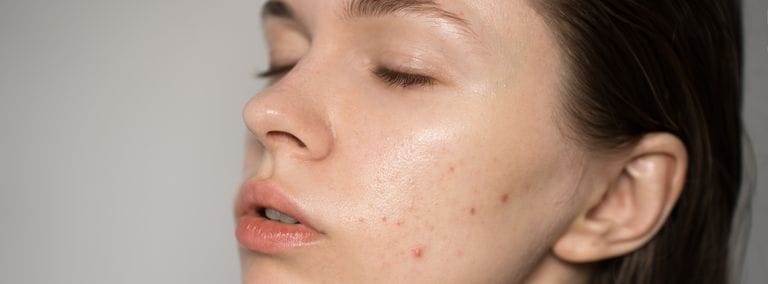

What Causes Oily Face?
That shiny T-zone staring back at you by lunchtime isn’t just annoying—it’s your skin trying to tell you something. What causes oily face varies from person to person, but there are common culprits behind that midday shine. Whether your makeup seems to slide off by noon or you’re constantly reaching for blotting papers, excess oil production has real reasons behind it.
We’re diving into the science of why your skin produces more oil than you’d like. From hormones to habits, you’ll discover what triggers that unwanted shine. Better yet, you’ll learn which factors you can actually control.
Key Article Findings
- Hormonal fluctuations play a major role in oil production, especially during certain life stages.
- Your skincare routine might actually be triggering more oil if you’re over-cleansing.
- Genetics, diet, and environmental factors all contribute to how oily your face gets.
- Simple adjustments to your daily habits can help manage excess shine.
Why Does My Face Get Oily?
Your skin produces oil through tiny glands called sebaceous glands. These glands create sebum, a natural moisturizer that keeps your skin soft and protected. When everything works properly, sebum travels through your pores to coat your skin’s surface in a thin, protective layer.
Sometimes these glands go into overdrive, producing way more oil than necessary. This excess sebum is what creates that shiny, greasy appearance we associate with oily skin. Just like we discussed in our article about coconut oil benefits for face, natural oils can actually help your skin when balanced properly.
The key word here is balance—your skin needs some oil to stay healthy. When oil production tips too far in either direction, that’s when problems start. Let’s explore what pushes your oil glands into high gear.
What’s the Connection Between Hormones and Oily Skin?
Hormones act like messengers telling your oil glands how much sebum to produce. When hormone levels shift, your skin often responds by cranking up oil production. This explains why does skin get oily during certain times in your life.
Androgens, particularly testosterone, directly stimulate sebaceous glands. Even though we think of testosterone as a male hormone, women produce it too. When androgen levels rise, so does facial oil.
Why Your Face Gets Oilier During Your Period
About a week before your period, progesterone levels spike while estrogen drops. This hormonal seesaw triggers increased oil production. Many women notice their skin becomes noticeably shinier during this time.
The excess oil often leads to breakouts around the chin and jawline. Your skin may feel greasier than usual, especially in the T-zone area. This monthly pattern is completely normal and affects most menstruating women.
Oily Skin During Major Life Changes
Puberty brings the most dramatic increase in oil production due to surging hormones. Pregnancy creates another hormonal rollercoaster that often leads to oilier skin. During perimenopause, fluctuating hormones can cause unexpected changes in oil production.
Each life stage affects your sebaceous glands differently. What worked for your skin in your twenties might not work in your forties. These transitions are natural parts of life that temporarily affect your skin’s oil balance.
Is Your Skincare Routine Causing Oily Face?
Here’s a surprising truth: aggressive cleansing often backfires. When you strip away too much oil, your skin panics and produces even more to compensate. This creates a frustrating cycle where the harder you try to control oil, the oilier your skin becomes.
Common skincare mistakes that trigger excess oil include:
- Using harsh, foaming cleansers that leave skin feeling “squeaky clean”
- Skipping moisturizer because you think oily skin doesn’t need it
- Over-exfoliating in an attempt to scrub away the shine
Your skin needs gentle care, not aggressive treatment. If you’re dealing with dehydrated skin alongside oiliness, check out our guide on how to care for dehydrated skin for balanced solutions. The right routine actually helps regulate oil production rather than fighting against it.
Genetic Causes of Oily Face and Family Patterns
Sometimes the answer to why do I have oily skin lies in your DNA. If your parents dealt with oily skin, you’re more likely to experience it too. Genetics determine the size and activity level of your sebaceous glands.
Some ethnic backgrounds tend to have more active oil glands than others. This isn’t a flaw—it’s simply how different skin types evolved to suit different climates. While you can’t change your genetic blueprint, you can work with your skin type rather than against it.
The silver lining? Oily skin tends to age more slowly than dry skin. Those natural oils help maintain skin elasticity and moisture over time. Your future self might thank you for those overactive oil glands.
External Factors That Make Your Face Oily
Your environment plays a bigger role in oil production than you might think. Everything from the weather to your stress levels can influence how much oil your skin produces. These external triggers often work together to create the perfect storm for greasy skin causes.
How Weather Affects Facial Oil Production
Hot, humid weather kicks oil production into high gear. Your skin responds to humidity by producing more sebum to maintain its moisture barrier. Summer months often bring the shiniest skin of the year.
Indoor environments matter too. Air conditioning and heating systems can confuse your skin’s oil production. Constant temperature changes between indoor and outdoor spaces may trigger excess oil as your skin tries to adapt.
Can Stress Cause Oily Skin?
Stress hormones like cortisol directly impact your sebaceous glands. When you’re stressed, your body produces more androgens, leading to increased oil production. Poor sleep amplifies this effect by disrupting your hormone balance.
Breaking the stress-oil cycle requires addressing both issues. Simple breathing exercises or a consistent sleep schedule can help. Your skin often reflects your overall wellness, making self-care more than just a trendy concept.
Foods That May Trigger Oily Face
Certain foods may influence oil production, though everyone responds differently. High-glycemic foods like white bread and sugary snacks might increase sebum production. Dairy products potentially affect some people’s oil levels due to hormones in milk.
Staying well-hydrated helps your skin maintain balance from the inside out. While diet alone won’t cure oily skin, paying attention to how your skin reacts to different foods can provide helpful insights. Small dietary adjustments might make a noticeable difference.
Debunking Myths About What Causes Greasy Skin
Misconceptions about causes of greasy face lead to ineffective or harmful treatments. Let’s clear up some persistent myths that might be sabotaging your skincare efforts. The truth often surprises people who’ve been following outdated advice.
- Myth – Oily skin doesn’t need moisturizer – Reality: Skipping moisturizer triggers more oil production
- Myth – Sun exposure dries out oily skin beneficially – Reality: Sun damage actually stimulates oil glands
- Myth – You should wash your face multiple times daily – Reality: Over-washing strips natural oils and causes rebound oiliness
When Excessive Oil Production Needs Professional Help
Sometimes oily skin signals an underlying condition that needs medical attention. Sudden changes in oil production, especially if accompanied by other symptoms, warrant a dermatologist visit. Hormonal imbalances or skin conditions might be the root cause.
Keep track of when your skin becomes oiliest and any triggers you notice. This skin diary helps professionals identify patterns and potential causes. If over-the-counter products aren’t helping after several weeks, it’s time for expert guidance.
Conclusion
What causes oily face ranges from hormones and genetics to your daily skincare habits and lifestyle choices. While you can’t control every factor, like your genetic makeup or monthly hormonal fluctuations, you can influence many triggers. Simple changes to your routine, diet, and stress management can significantly impact oil production.
The key is working with your skin rather than waging war against it. Now that you know the real causes of oily face, you can make informed decisions about your skincare approach. Your perfectly balanced complexion might be just a few adjustments away.
Your face has more sebaceous glands than most body areas, especially in the T-zone. These glands are also more sensitive to hormonal changes.
While water won’t directly reduce oil, proper hydration helps maintain overall skin balance and may indirectly help manage excess shine.
Yes, oily skin tends to show fewer fine lines because natural oils help maintain moisture and skin elasticity over time.
Oil production continues all day, accumulating on your skin’s surface. Heat, humidity, and touching your face can make it more noticeable.
Yes, some medications affecting hormones or containing corticosteroids may increase oil production as a side effect.
This site offers health, wellness, fitness and nutritional information and is designed for educational purposes only. You should not rely on this information as a substitute for, nor does it replace, professional medical advice, diagnosis, or treatment. If you have any concerns or questions about your health, you should always consult with a physician or other health-care professional. Do not disregard, avoid or delay obtaining medical or health related advice from your health-care professional because of something you may have read on this site. The use of any information provided on this site is solely at your own risk.
Nothing stated or posted on this site or available through any services are intended to be, and must not be taken to be, the practice of medical or counseling care. For purposes of this agreement, the practice of medicine and counseling includes, without limitation, psychiatry, psychology, psychotherapy, or providing health care treatment, instructions, diagnosis, prognosis or advice.
